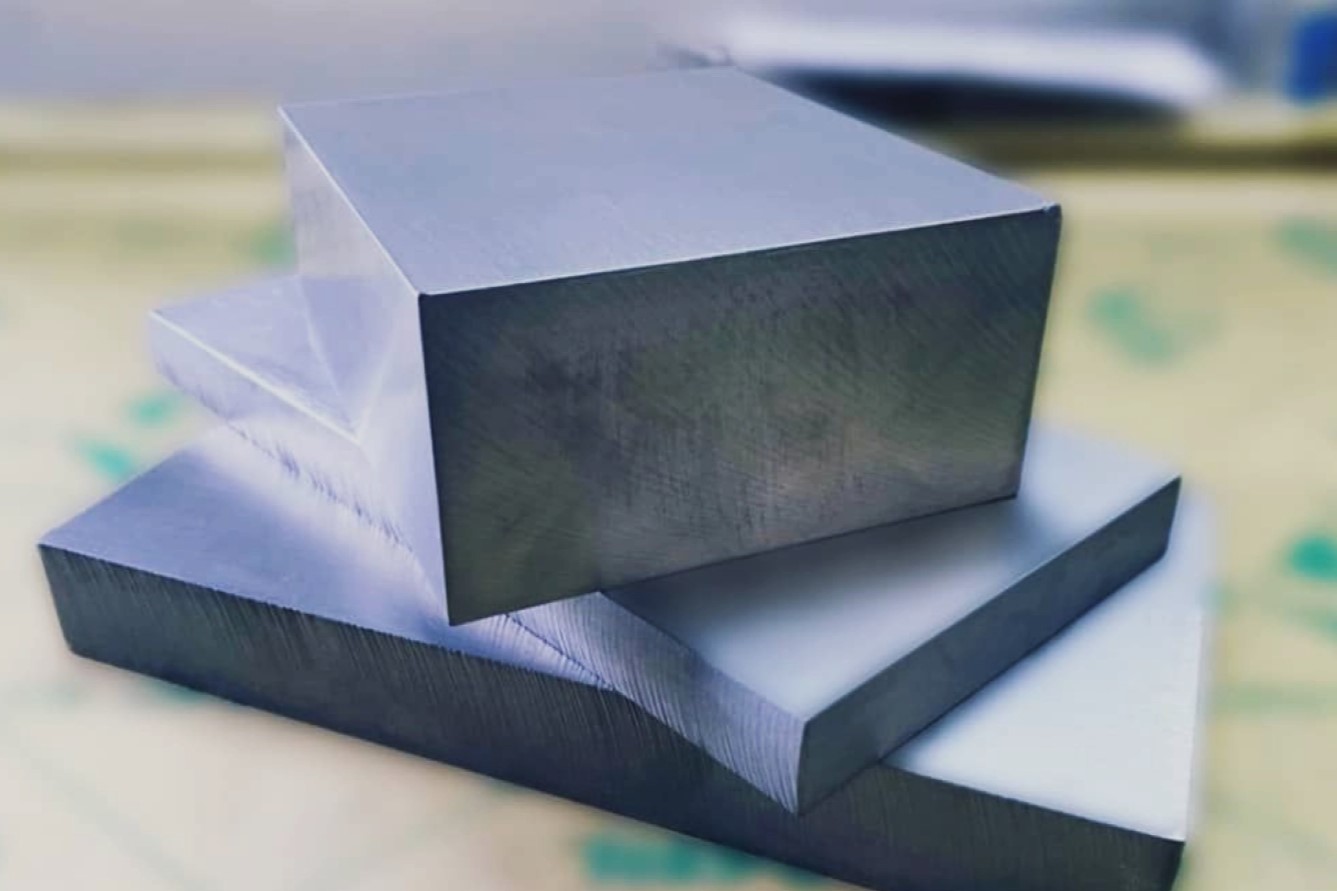
Ti 6Al-4V, also known as Grade 5 titanium alloy, stands out as one of the most widely used titanium alloys. But why is it so popular? It's renowned for its high strength-to-weight ratio, excellent corrosion resistance, and impressive biocompatibility. This makes it a top choice in industries like aerospace, medical, and automotive. Imagine a material that's both lightweight and incredibly strong, capable of withstanding harsh environments without rusting. That’s Ti 6Al-4V for you! Whether you're curious about its composition, applications, or unique properties, this alloy has a lot to offer. Ready to dive into 30 fascinating facts about Ti 6Al-4V? Let's get started!
Key Takeaways:
- Titanium Grade 5, or Ti 6Al-4V, is a popular titanium alloy with 90% titanium, 6% aluminum, and 4% vanadium. It's used in aerospace, medical, automotive, marine, and sports industries due to its strength, corrosion resistance, and biocompatibility.
- Ti 6Al-4V offers high strength-to-weight ratio, corrosion resistance, and biocompatibility, making it ideal for various applications. However, its high cost, machining challenges, and limited raw materials availability pose some limitations.
What is Ti 6Al-4V?
Ti 6Al-4V, also known as Titanium Grade 5, is a titanium alloy that combines titanium with aluminum and vanadium. This alloy is widely used in various industries due to its impressive properties.
- Ti 6Al-4V consists of 90% titanium, 6% aluminum, and 4% vanadium.
- It is the most commonly used titanium alloy, making up about 50% of total titanium usage worldwide.
- The alloy was first developed in the 1950s for aerospace applications.
- Ti 6Al-4V is known for its high strength-to-weight ratio, making it ideal for weight-sensitive applications.
- It has excellent corrosion resistance, even in harsh environments like seawater.
Applications of Ti 6Al-4V
This versatile alloy finds applications in many fields due to its unique properties. Let's explore some of the key areas where Ti 6Al-4V is used.
- In the aerospace industry, it is used for aircraft frames, engine components, and landing gear.
- Medical devices such as implants and prosthetics often use Ti 6Al-4V due to its biocompatibility.
- The automotive industry uses this alloy for high-performance car parts, including exhaust systems and suspension components.
- Ti 6Al-4V is also employed in the production of sports equipment like golf clubs and bicycle frames.
- In the marine industry, it is used for ship components and underwater equipment due to its resistance to seawater corrosion.
Mechanical Properties of Ti 6Al-4V
Understanding the mechanical properties of Ti 6Al-4V helps in appreciating why it is so widely used. Here are some key mechanical characteristics.
- The alloy has a tensile strength of around 950 MPa.
- It has a density of 4.43 g/cm³, making it lighter than steel but just as strong.
- Ti 6Al-4V can withstand temperatures up to 400°C without losing its mechanical properties.
- It has a modulus of elasticity of 113.8 GPa, indicating its stiffness.
- The alloy exhibits good fatigue resistance, making it suitable for cyclic loading applications.
Manufacturing and Processing of Ti 6Al-4V
The production and processing of Ti 6Al-4V involve several steps to ensure its quality and performance. Here are some insights into its manufacturing process.
- The alloy is typically produced using vacuum arc remelting (VAR) to ensure purity.
- Ti 6Al-4V can be forged, rolled, and extruded into various shapes and sizes.
- It is often heat-treated to enhance its mechanical properties.
- The alloy can be welded using techniques like TIG (tungsten inert gas) welding.
- Machining Ti 6Al-4V requires special tools and techniques due to its hardness and tendency to gall.
Advantages of Using Ti 6Al-4V
The benefits of using Ti 6Al-4V are numerous, making it a preferred choice in many industries. Here are some of the main advantages.
- Its high strength-to-weight ratio allows for lighter and stronger components.
- Excellent corrosion resistance extends the lifespan of parts in harsh environments.
- Biocompatibility makes it suitable for medical implants and devices.
- The alloy's ability to withstand high temperatures makes it ideal for aerospace applications.
- Ti 6Al-4V's good fatigue resistance ensures durability in cyclic loading conditions.
Challenges and Limitations of Ti 6Al-4V
Despite its many advantages, Ti 6Al-4V also has some challenges and limitations. Understanding these can help in making informed decisions about its use.
- The high cost of titanium and its alloys can be a limiting factor for some applications.
- Machining Ti 6Al-4V is challenging due to its hardness and tendency to work harden.
- The alloy's poor thermal conductivity can lead to heat buildup during machining.
- Ti 6Al-4V is prone to galling, which can cause wear and tear during processing.
- Limited availability of raw materials can sometimes affect the supply chain.
The Final Word on Ti 6Al-4V
Ti 6Al-4V, also known as Titanium Grade 5, stands out for its strength, lightweight nature, and corrosion resistance. Widely used in aerospace, medical implants, and marine applications, this alloy combines titanium, aluminum, and vanadium to create a material that's both versatile and durable. Its ability to withstand extreme temperatures and harsh environments makes it invaluable in critical industries.
From jet engines to prosthetics, Ti 6Al-4V proves its worth time and again. Its biocompatibility ensures safety in medical applications, while its high strength-to-weight ratio benefits aerospace engineering. Understanding these facts about Ti 6Al-4V highlights why it's a go-to material for engineers and designers. Whether you're in manufacturing or medicine, knowing the properties of Ti 6Al-4V can help you make informed decisions for your projects.
Frequently Asked Questions
Was this page helpful?
Our commitment to delivering trustworthy and engaging content is at the heart of what we do. Each fact on our site is contributed by real users like you, bringing a wealth of diverse insights and information. To ensure the highest standards of accuracy and reliability, our dedicated editors meticulously review each submission. This process guarantees that the facts we share are not only fascinating but also credible. Trust in our commitment to quality and authenticity as you explore and learn with us.
